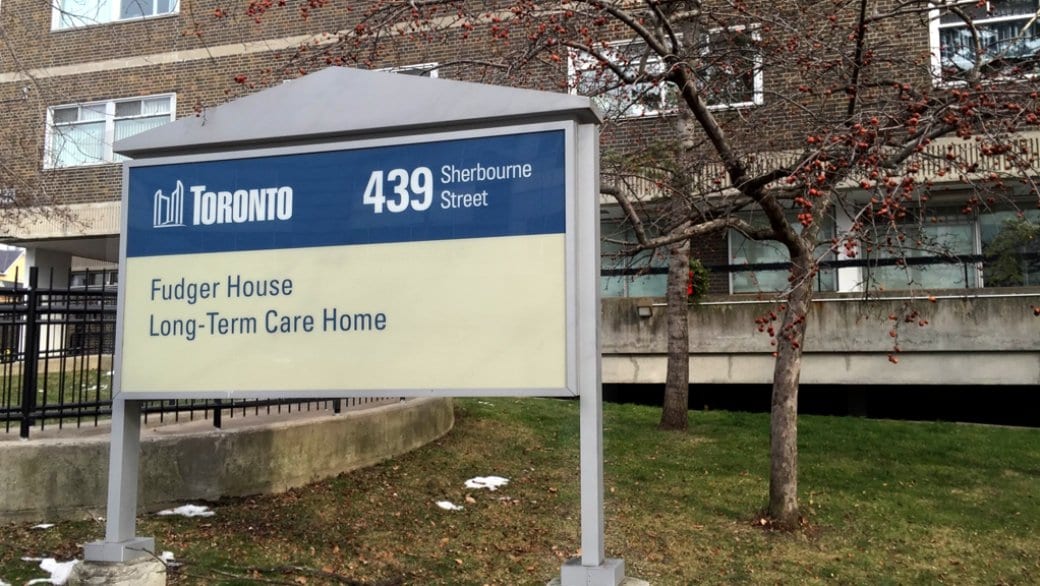The federal government has not set a timeline on its promise to create housing for LGBT seniors but the Liberals say they’re sticking to their commitment.
“We are now getting to work, and you will see things rolling out over the coming months,” Hedy Fry, member of Parliament for Vancouver Centre, says to Daily Xtra, while emphasizing it is part of a long-term housing strategy.
“Over the course of 10 years, this is going to stretch itself out,” Fry says.
In the 2015 election, Fry promised the Liberals would renew their national housing strategy, taking into account seniors in long-term care who are “having to go back in the closet” because of stigma from other residents.
“We’re going to create specific housing for gay men who are elderly to be able to find a safe place in which to live,” Fry said at a panel run by Daily Xtra in September 2015.
Fry says that the government will look at affordable rental housing, co-operatives and shorter-term solutions like rent subsidies. While she couldn’t name any groups she’s met with recently, Fry says she’s consulted with multiple housing advocates over the past decade.
The NDP’s LGBT issues critic is waiting until the Liberals table their budget around March to see whether they follow through.
“I’m not prepared to wait too long,” says Victoria-area MP Randall Garrison. “There’s an obvious need, and communities have been working on this for a long time.”
“With all the housing promises [the Liberals] made, there’s no specific timelines, nor application procedures, no dollar amounts allocated.”
Groups familiar with LGBT housing issues say the government will have to do more than just offer cheap rent.
“With seniors in general, isolation’s a big issue, but for our community it can be an even bigger problem,” says Jacquie Buncel, executive director of Sunshine Centres for Seniors in Toronto, which runs drop-in programming for seniors of diverse groups.
Buncel, an advisor for the Senior Pride Network, says it’s almost as important to organize meet-and-greet activities for LGBT people to find each other as it is to give care-providers adequate sensitivity training.
“People are scared and frightened,” says Steven Little, who also advises the group as training manager at The 519, Toronto’s LGBT community centre. “People are becoming detached from their chosen family.”
Any housing plans for LGBT seniors will have to accommodate people who grew up in a time when homosexuality was illegal, coming out was difficult and raising a family was nearly impossible, Little points out.
Little says the recommendations from a 2008 report by Toronto’s housing department still ring true, from the need to assess staff sensitivity toward LGBT issues, to make homes publicly visible as LGBT-friendly.
Alex Abramovich, who helped launch a Toronto shelter for queer youth, says the government will have to contend with a dearth of demographic data on LGBT seniors who need housing.
“We have known about this issue for 20 years — we’ve known that it’s a very serious issue but it’s been neglected,” says Abramovich, a researcher with the Centre for Addiction and Mental Health in Toronto.
He’d like to see the government include housing options for people in rural areas, and make sure diverse groups are reflected in brochures, forms and staff.
The Liberal promise to create housing for LGBT seniors may help prolong the life expectancy of Fudger House, Toronto’s de facto LGBT nursing home in the gay village, with visible queers among its staff, residents and volunteers. The city-run nursing home had been slated for closure since its building is no longer up to code, but a community outcry has pulled it off the chopping block, at least for now.

 Why you can trust Xtra
Why you can trust Xtra


